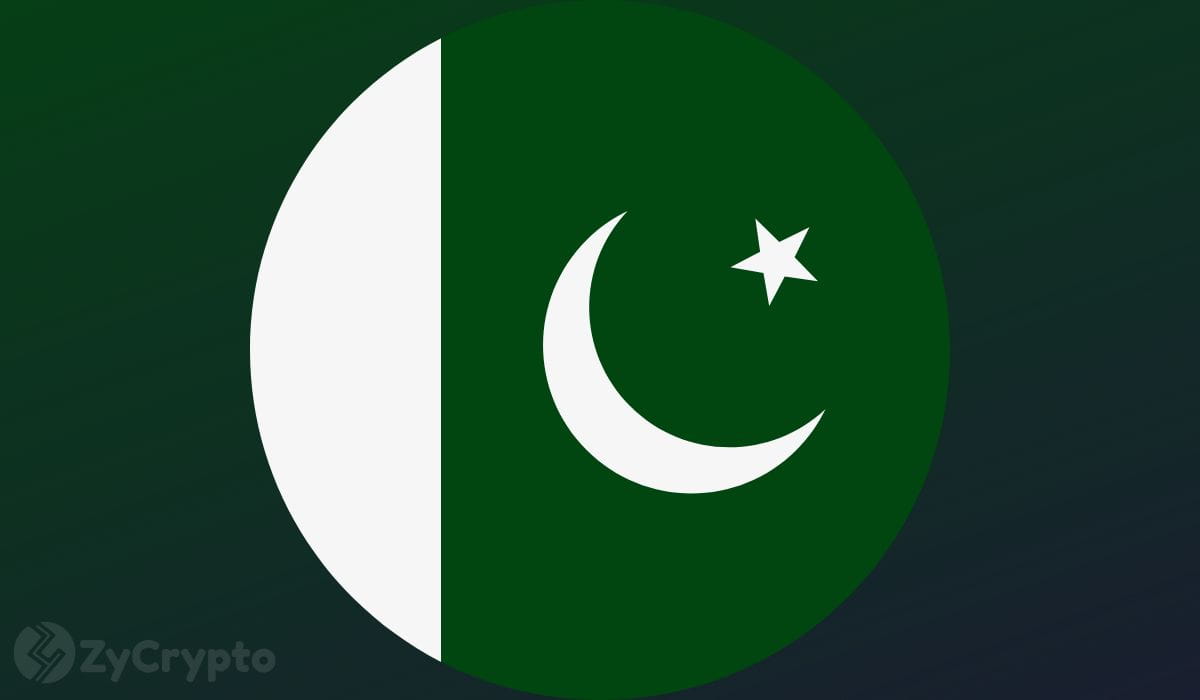
Binance’s co-founder, Changpeng Zhao, and World Liberty Financial (WLF) reject the Wall Street Journal’s (WSJ) claims that Zhao facilitated talks between WLF and Pakistan. WLF further rejects the WSJ’s claims that the crypto project talked with Pakistani government officials about US policies during a business trip to the Middle East. Zhao described the WSJ article as a hit piece and a poor example of journalism, citing Cunningham’s law that the best way to get a correct answer is to broadcast a false answer first.
The WSJ made various allegations against Zhao and WLF. The newspaper alleged that Zhao introduced WLF representatives to Pakistan, Malaysia, and Kyrgyzstan government officials. WSJ claims that Zhao used his extensive contact list to help WLF meet with government officials in these areas. WSJ argues that WLF only named Pakistani official Bilal Bin Saqib as an advisor after receiving help from Zhao, introducing the crypto startup with public figures in the Middle East. However, Zhao denies these claims and says that he is not a fixer for anyone.
Zhao took to the X platform to deny the WSJ’s claims. The WLF crypto project is connected with President Trump through his sons, Eric and Donald Junior Trump. His sons are involved in the company’s management. Some suggest that Zhao seeks closer ties with Trump companies to secure a pardon. Zhao was imprisoned during the previous administration’s ‘war on crypto’.
The WSJ claims Zhao was a fixer between WLF representatives and Pakistani government officials. Zhao denies acting as a fixer for WLF representatives, including WLF co-founder Zach Witkoff. The WSJ further suggested that WLF representatives and Pakistani officials created a memorandum of understanding. Zhao claims that the WLF officials were friends with the Pakistani official Bilal Bin Saqib long before he met him. Zhao argues that he met Saqib for the first time when he visited Pakistan.
Zak Folkman, WLF co-founder, joined Zhao in denying the WSJ’s claims. Folkman said the WSJ article was false because Binance and WLF did not coordinate talks with Pakistani officials. Folkman revealed details about the WLF business trip to Pakistan. He said that WLF representatives, including himself, met up with Bilal Bin Saqib, whom he describes as a long-time friend.
The WSJ article, however, claimed that Binance co-founder Changpeng Zhao facilitated talks with Pakistani officials. Both Zhao and Folkman are adamant about falsehoods in the WSJ article. Folkman stated that he had not discussed foreign policy with the Pakistani official. For such a prominent newspaper to make a mistake would surely demand an explanation if such is the case.
Zhao, moreover, believes that media outlets have a vested interest in disparaging the crypto industry. Zhao thinks the WSJ has become a mouthpiece for groups that wish to stop crypto growth in America. He also believes these groups want to thwart America from becoming a global leader in blockchain innovation. Zhao believes some groups still want to block American attempts to embrace crypto.
There may exist a shadow ‘war against crypto’. Zhao thinks these groups’ goal is to discredit crypto leaders and slowly erode trust in the blockchain network. The WSJ has published many critical articles against Zhao, with one alleging that Zhao was cooperating with American officials to reveal information about TRON founder Justin Sun. Zhao claims that the WSJ ignored corrections that his team submitted before publication.


